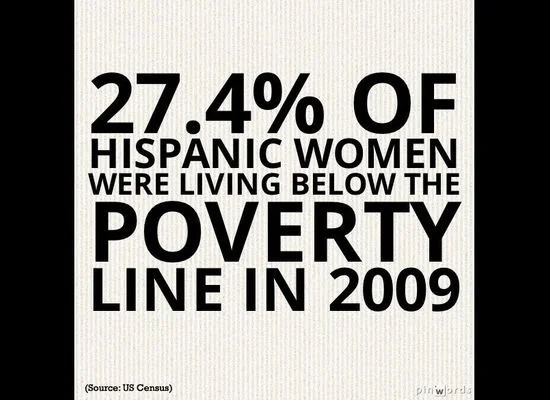A Modern Approach
For women in underserved communities, opportunities for earning a sustainable wage are difficult to attain. Women of Color are especially vulnerable to the diseases of society’s economic structure. From being locked out from information to a school-to-slavery wage pipeline, these conditions, similar to modern slavery, are perpetuated by keeping women workers trapped in a cycle of debt and work. These conditions prevent women from attaining economic mobility and escaping from poverty for good.
It’s essential for us to prepare young women of color to attend and graduate from nursing school by creating spaces where instructional conversations and interactive activities, that stimulate discovery, critical thinking, and collaboration in their communities, will propel them to become economically successful.
ifRN gives rise to ambitious young women in their junior year of high school who live in underserved communities. Rooted in professional development, access and opportunity, mental and physical health & wellness, ifRN exposes and prepares mentees for the careers and opportunities of nursing tomorrow, today.
The Basic Facts About Women in Poverty
Women, especially women of color, in the United States are more likely to live in poverty than men, and they need robust, targeted solutions to ensure their long-term economic security. In the United States, more women than men live in poverty. According to U.S. Census Bureau data, of the 38.1 million people living in poverty in 2018, 56 percent—or 21.4 million—were women. The coronavirus pandemic has put individuals and families at an increased risk of falling into poverty in the United States, as they face greater economic insecurity, due in large part to unprecedented unemployment that has disproportionately affected women.




